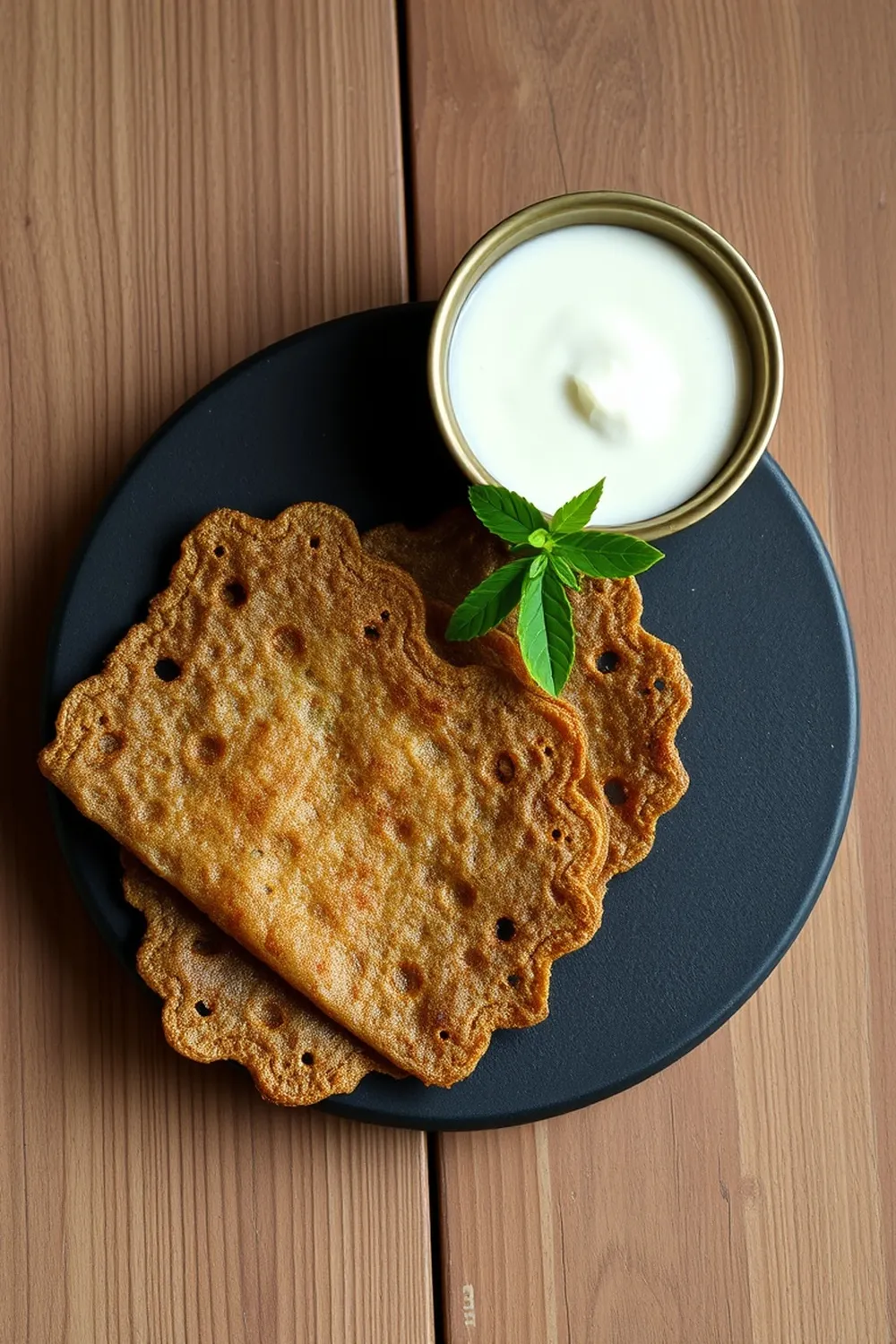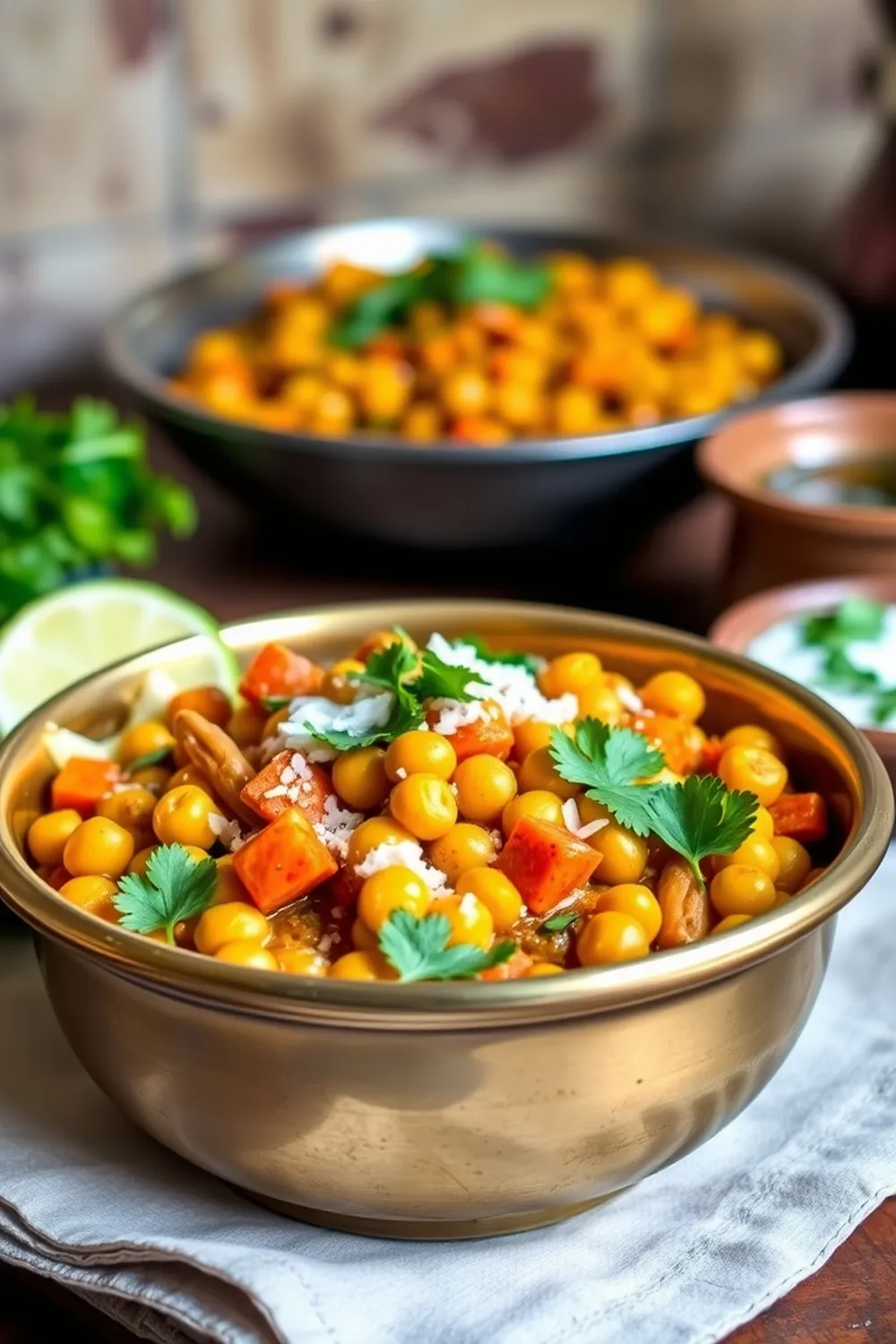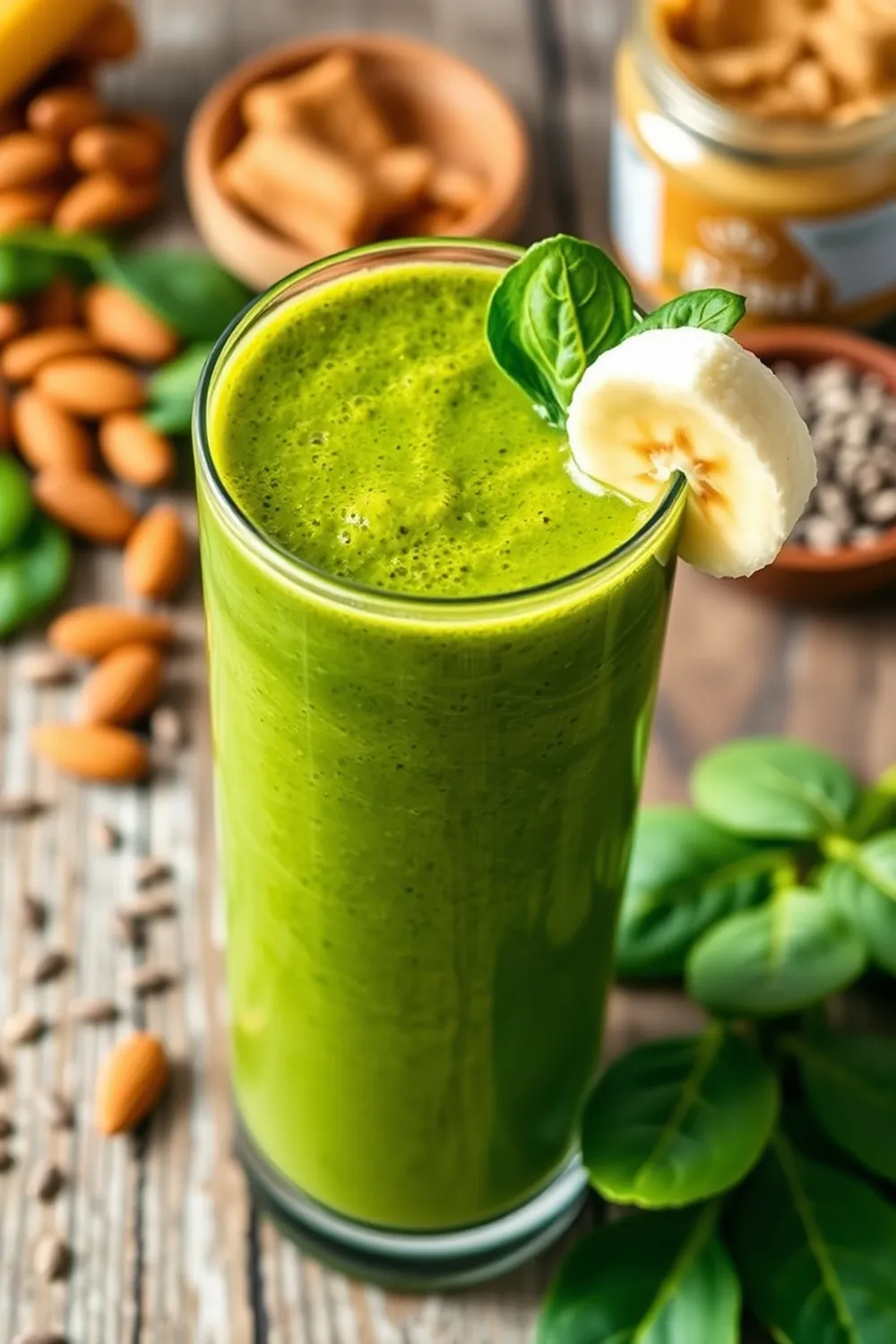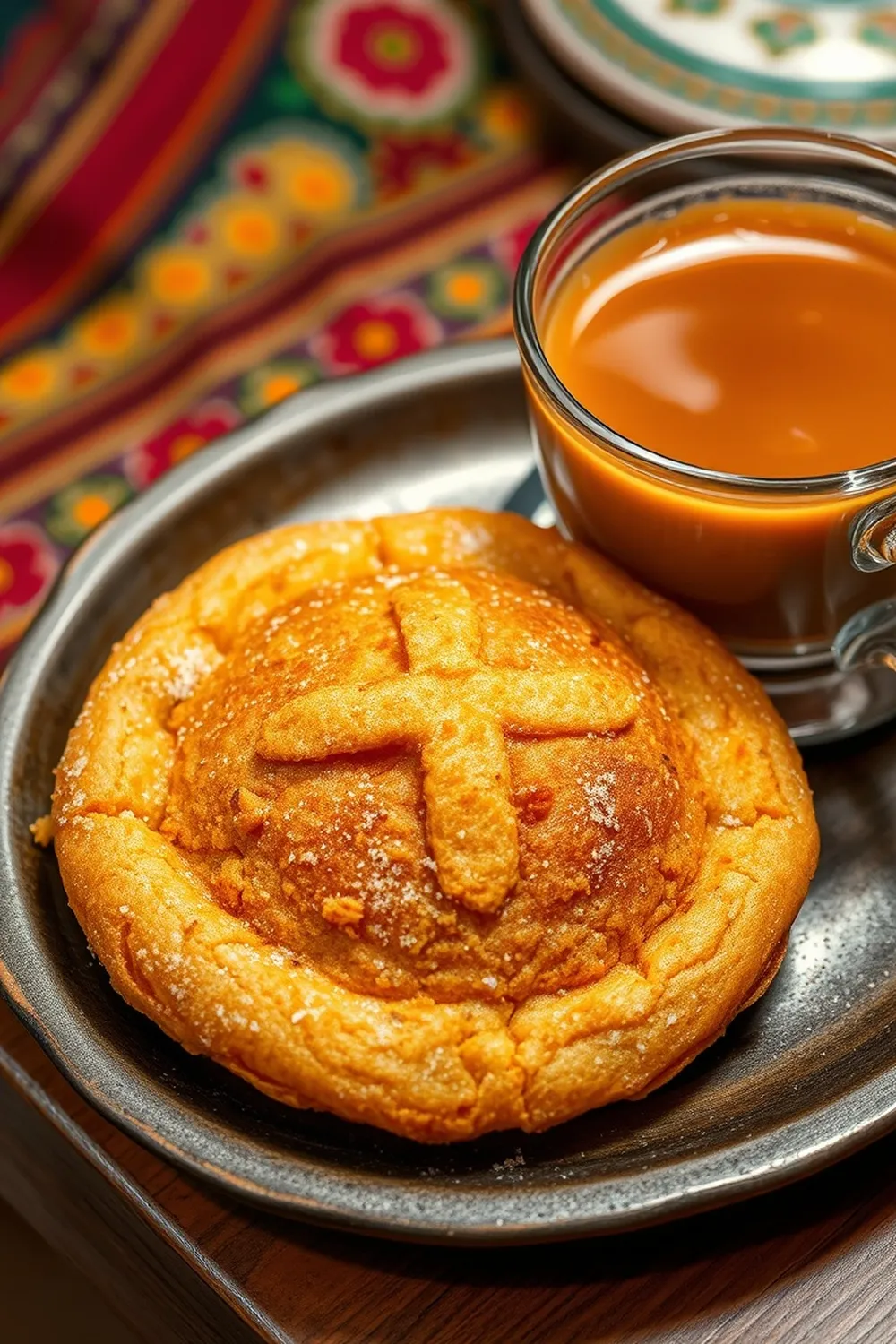- Mix ragi flour, rice flour, chopped green chilies, cumin seeds, and salt in a bowl.
- Gradually add water while whisking to create a thin, lump-free batter.
- Let the batter rest for 15 minutes to improve consistency.
- Heat a cast-iron dosa tawa until water droplets sizzle immediately.
- Pour batter in circular motions, starting from the center and spreading outwards, for a lacy texture.
- Drizzle oil around the edges and cook until crispy and golden brown.
- Fold the dosa and serve hot with coconut chutney or sambar.
- Calories:98 kcal25%
- Energy:410 kJ22%
- Protein:2.5 g28%
- Carbohydrates:19 mg40%
- Sugar:0.5 mg8%
- Salt:150 g25%
- Fat:1.2 g20%
Last Updated on 2 months by Neha Deshmukh
Ragi Dosa Recipe – Crispy & Authentic South Indian Flatbread
Introduction
Okay, let’s be real – dosas are life, right? That perfect crispy texture, the slightly tangy flavour… pure comfort food. But sometimes, you want to sneak in a little extra goodness. That’s where this Ragi Dosa recipe comes in! I first made this when I was trying to incorporate more millets into our family’s diet, and honestly, it’s become a regular. It’s surprisingly easy, incredibly delicious, and a fantastic way to enjoy a healthier twist on a classic.
Why You’ll Love This Recipe
This Ragi Dosa isn’t just about health benefits (though there are plenty!). It’s about flavour and texture. The ragi adds a lovely nutty taste, and when cooked right, it gets wonderfully crispy. Plus, it’s a fantastic way to introduce millets to those who are new to them. It’s a win-win!
Ingredients
Here’s what you’ll need to make these beauties:
- 1 cup ragi flour (approx. 100g)
- 0.25 cup rice flour (approx. 30g)
- 1 green chili, finely chopped
- 1 teaspoon cumin seeds (approx. 5g)
- Salt to taste
- Water as needed (approx. 1-1.5 cups / 240-360ml)
Ingredient Notes
Let’s talk ingredients – a few little tips can make all the difference!
Ragi Flour: Health Benefits & Selection
Ragi, or finger millet, is a nutritional powerhouse! It’s packed with calcium, iron, and fiber. You can usually find ragi flour in Indian grocery stores, or online. Look for a good quality, finely ground flour for the best results.
Rice Flour: The Role of Rice in Dosa Batter
Rice flour adds to the crispiness and helps with the fermentation process (even though we aren’t fermenting this one, it still helps with texture!). I prefer using regular white rice flour, but you can experiment with brown rice flour for a nuttier flavour.
Cumin Seeds: Regional Variations & Flavor Profile
Cumin seeds add a lovely warmth and aroma. In some South Indian households, mustard seeds are also added – feel free to experiment! A little goes a long way, so don’t overdo it.
Green Chili: Adjusting Spice Levels
I like a little kick, so I use one green chili. But you can adjust this to your preference. Remove the seeds for a milder flavour, or add more for extra heat.
Cast Iron Tawa: Why It’s Essential for Authentic Dosas
Okay, this is important! A cast iron tawa distributes heat evenly, which is key to getting that perfect crispy dosa. If you don’t have one, you can use a heavy-bottomed flat pan, but a cast iron tawa is really worth the investment if you make dosas often.
Step-By-Step Instructions
Alright, let’s get cooking!
- In a nice big bowl, combine the ragi flour, rice flour, chopped green chili, cumin seeds, and salt. Give it a good mix.
- Now, slowly add water while whisking. You want a thin, lump-free batter – think the consistency of pancake batter. Don’t rush this step!
- Once you have a smooth batter, let it rest for about 15 minutes. This allows the flours to hydrate and the batter to come together.
- Heat your cast iron tawa over medium-high heat. The tawa is ready when a drop of water sizzles and evaporates immediately.
- Pour a ladleful of batter onto the hot tawa. Using the back of the ladle, spread the batter in a circular motion, starting from the outer edge and moving towards the center. This creates the lacy texture we all love.
- Drizzle a little oil around the edges of the dosa. Cook until the dosa turns golden brown and crispy.
- Fold the dosa in half (or into a roll, if you prefer!) and serve hot with your favourite chutney and sambar.
Expert Tips
A few little secrets to dosa success!
Achieving the Perfect Crispy Texture
Heat is your friend! Make sure the tawa is hot enough before you pour the batter. Also, don’t be afraid to use a little oil.
Troubleshooting: Batter Consistency Issues
Too thick? Add a little more water. Too thin? Add a tablespoon of ragi flour. It’s all about finding that sweet spot.
Mastering the Dosa Spreading Technique
Practice makes perfect! Don’t worry if your first few dosas aren’t perfect circles. Just keep practicing, and you’ll get the hang of it.
Variations
Let’s get creative!
Vegan Ragi Dosa
This recipe is already vegan! Just make sure your chutney and sambar are also vegan-friendly.
Gluten-Free Ragi Dosa
Ragi is naturally gluten-free, so this recipe is perfect for those with gluten sensitivities.
Spice Level Adjustments (Mild, Medium, Spicy)
Adjust the amount of green chili to your liking. You can also add a pinch of red chili powder for extra heat.
Ragi Dosa for Makar Sankranti/Pongal
During Makar Sankranti/Pongal, my family loves to make mini ragi dosas as part of the festive spread. They’re a fun and delicious addition!
Serving Suggestions
Ragi dosas are amazing with:
- Coconut chutney (a classic!)
- Sambar
- Tomato chutney
- Mint-coriander chutney
- A dollop of ghee (for extra richness)
Storage Instructions
Leftover dosa batter can be stored in the refrigerator for up to 2 days. You might need to add a little water to thin it out before using.
FAQs
Let’s answer some common questions!
What is the best way to grind ragi flour for dosas?
You don’t need to grind it yourself! Good quality ragi flour is readily available. If you do want to grind it, make sure it’s very finely ground.
Can I use a non-stick pan instead of a cast iron tawa?
You can, but it won’t be quite the same. A cast iron tawa distributes heat more evenly, resulting in a crispier dosa.
How do I prevent the dosa from sticking to the tawa?
Make sure the tawa is hot enough and well-oiled. Also, a good quality tawa will naturally be less sticky.
What is the ideal consistency for ragi dosa batter?
It should be thin and smooth, like pancake batter. It should easily spread on the tawa.
Can I add other vegetables to the ragi dosa batter?
Absolutely! Grated carrots, onions, or chopped coriander leaves would all be delicious additions.










